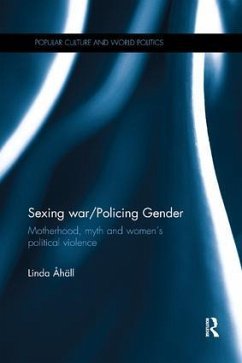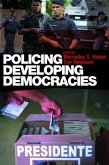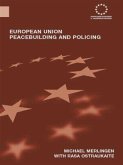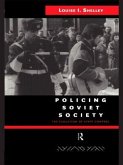Historically, there has been reluctance, from mainstream IR scholars as well as feminists, to seriously engage with women's agency in warfare. Instead, scholarship has tended to focus on women's activism for peace or to ignore women's agency altogether. This book rectifies this omission by exploring the cultural understanding of actors, agents and structures of war and how can we make sense of attitudes towards women, agency and war today. By using a poststructuralist feminist perspective and by analysing empirical cases from a Western 'war on terror' cultural context, Ahall argues that all types of stories are informed by ideas about motherhood and maternal reproduction as the foundation of sexual difference. This does not only mean that women are judged/read/valued based on the shape of their, maternalised, bodies, rather than what they actually do, but, it means that ideas about motherhood, not motherhood itself, function to police contemporary gender norms and contemporary understandings of agency in war. Overall, this book argues that maternalist war stories function to reiterate traditional heteronormative gender roles. This is how a 'body politics' of war is not only policing gender norms but actually writing 'sex' itself. The body politics of war told through maternalist war stories is a process in which the sexing of war means the policing of gender borders, with motherhood acting as the border agent. This work will be of interest to students and scholars in areas such as gender, political violence and international relations.
Hinweis: Dieser Artikel kann nur an eine deutsche Lieferadresse ausgeliefert werden.
Hinweis: Dieser Artikel kann nur an eine deutsche Lieferadresse ausgeliefert werden.








